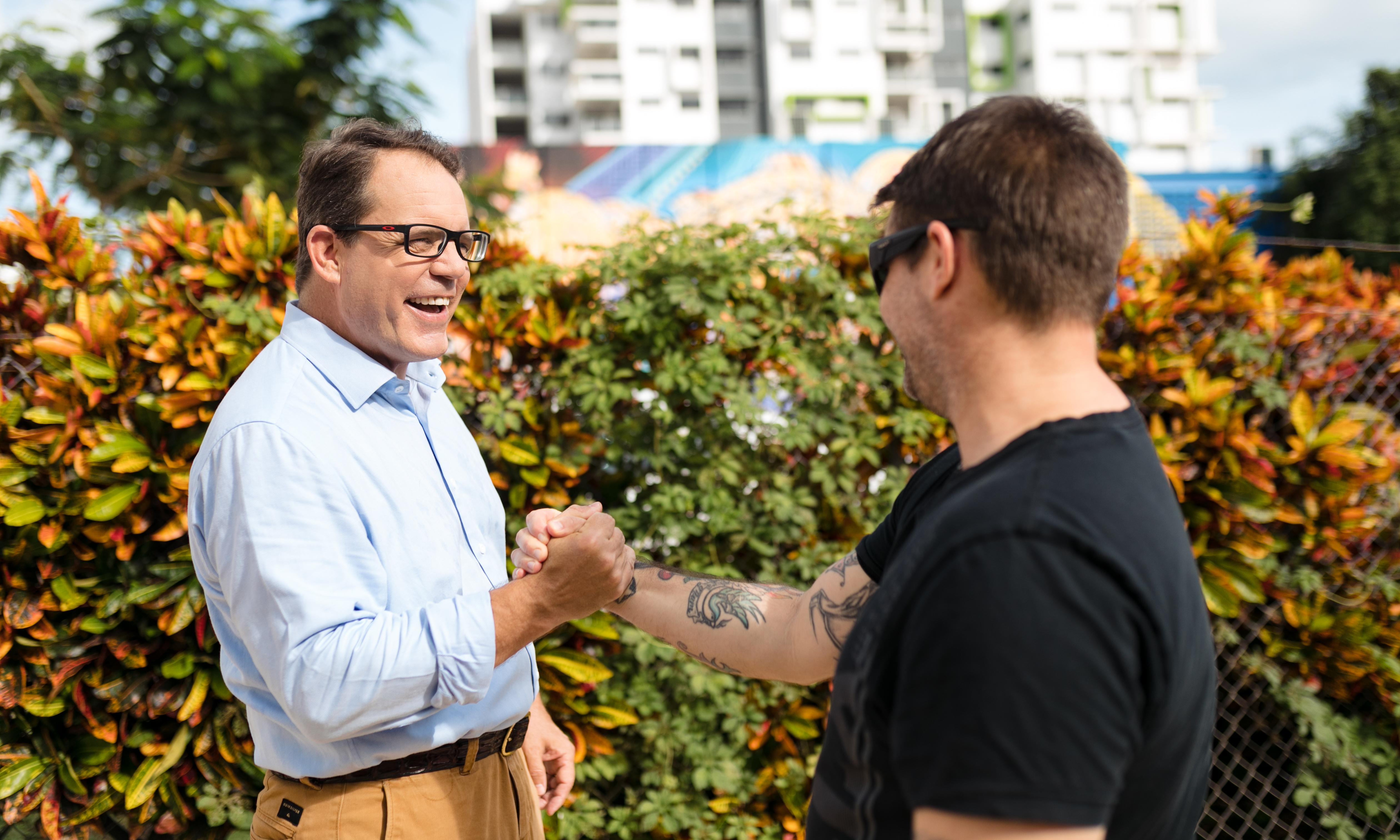Afghan interpreters and contractors served side by side with Australian forces. Veteran and federal MP Luke Gosling OAM calls on the Commonwealth government to repay Australia’s debts and protect the lives of our mates in Afghanistan.
It’s a history we know well: on 7 October 2001, an international coalition led by the US invaded Afghanistan.
In search of the organisers of the terrorist attacks in the US the previous month, international forces toppled the Taliban government that controlled much of Afghanistan.
In the wake of that invasion, members of the coalition – Australia included – committed to assist in securing and rebuilding the country.
Twenty years later, after paying the huge price of 41 Australian soldiers’ lives, plus $10 billion in resources, that commitment is ending.
We leave Afghanistan having not achieved a clear victory, and with the Taliban resurgent, seizing more territory every day.
Whether we should be withdrawing this way is a thorny question. My view is that we need to remain engaged at a certain level, and shouldn’t have withdrawn all of our diplomats nor pulled out all of our military advisers.
Tens of thousands of Australians contributed to our mission in Afghanistan, which was largely successful: we’ve built schools, roads, and bridges, and a generation of young women have received an education.
I was proud to play my part assisting in the election of the Loya Jirga, which helped draft Afghanistan’s constitution.
This mission would have been impossible without the work of locally engaged staff, particularly interpreters.
These courageous men and women didn’t just translate; they acted as cultural brokers, guides, guardians, and comrades.
They shared our purpose and vision: building a nation free from violence where all Afghans had the opportunity to work, to get an education, and to enjoy their freedom.
Our interpreters risked their own lives, and saved the lives of many Australians.
Veterans have told me of many instances where the advice of a translator was the difference between life and death.
I myself know this to be true: I believe an interpreter also saved my life, more than once.
With our withdrawal, interpreters have been left in extreme danger, with killings already reported.
The Taliban have identified some Afghans who worked with foreign forces, and they’ve demonstrated a vicious inclination to target not just those individuals, but their families, too.
This is a reminder that in the Taliban we face an entity that doesn’t care about the legalities of war and human rights.
We’ve seen the US, which employed a much larger number of locally engaged staff, make huge efforts to move them out of Afghanistan and to safety. The UK is similarly moving swiftly. Australia, to our shame, is not.
We’ve known for some time now that the international withdrawal from Afghanistan was coming, and we’ve had time to prepare an evacuation plan for our translators.
But the Australian government seems to be happy to be caught up in its own red tape, and unwilling to move any faster to save these people.
It’s reported that some applications for protection visas have been rejected because the applicants were subcontractors, not directly employed by the Australian government.
This is just bureaucratic quibbling while people’s lives are on the line.
The Prime Minister has claimed that everything was being done to bring these Afghans to Australia, but there’s little evidence of that.
To the contrary, Defence Minister Peter Dutton recently told 2GB radio that he had doubts about the loyalties of the interpreters.
“Somebody who was loyal and faithful to us in 2012 or 2013 might now be friends with Taliban or switched allegiances,” he said.
He also mused on the risk of someone being allowed in Australia committing a terrorist attack in a decade.
These fears are ridiculous, given the declared goal of the Taliban is to kill those who worked with foreign forces.
And we’re not talking about large numbers of people. We should bring to safety those who have been well screened and vouched for by Australians they worked with.
The government’s ongoing inertia is already having consequences: it’s exacerbating the trauma experienced by many of our veterans who served in Afghanistan.
There have been reports of medals being burned. As a veteran myself, I understand the importance of medals; they are a physical embodiment of service to the nation, of sacrifice, and of identity.
Burning them reflects a significant level of distress, resulting from a deep moral injury, which will only worsen with a continued failure to rescue our Afghan supporters, who were an integral part of our mission.
If we abandon them to the mercy of the Taliban, a terrible message will be sent to the world: Australia is not a reliable ally and partner.
Not only will locally engaged staff in future deployments elsewhere be cautious or even unwilling to work with us, but our national honour and integrity will be severely damaged.
Ultimately, swift action to evacuate these Afghans will do as much for our national consciousness as it will for them.
Afghanistan was our longest war, a war without a neat ending.
We need a national sense of closure – an understanding that our mission was successful in some ways, and the overwhelming majority of our personnel conducted themselves with decency and integrity.
As a nation, we need to understand that we did great things against impossible odds. Equally, we need to make sure that those who took great risks to help us are safe and secure.
This September 11th, we will reflect and remember. Let’s do so with our heads held high.
But time is running out; further inaction from the government will only mean further deaths. We cannot allow that to happen.
Luke Gosling OAM is the federal member for Solomon, representing Darwin and Palmerston in the Top End. He served in the Australian Defence Force for 13 years, and has worked in Afghanistan, Timor-Leste, Cambodia and Albania.


